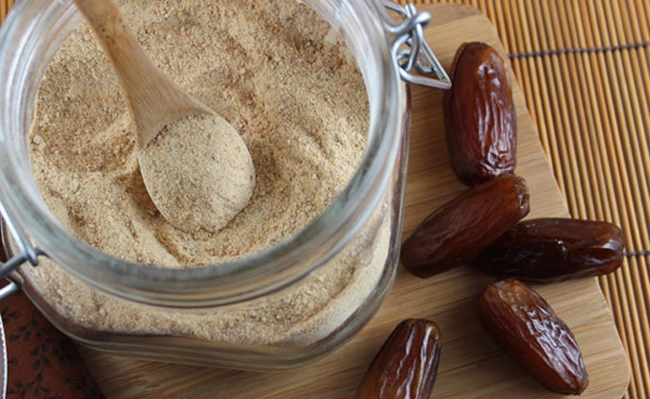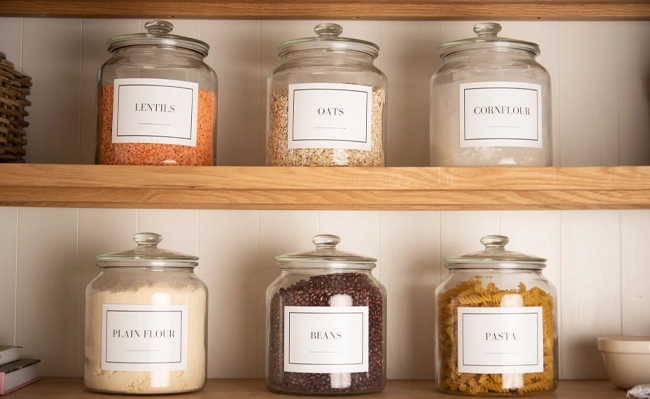Date sugar is a natural sweetener that is derived from dried dates. It is a healthier alternative to refined sugar and is an excellent choice for those who are looking for a more natural sweetener to use in their cooking and baking.
While date sugar has many benefits, it’s important to store it properly to ensure that it stays fresh and flavorful. This article gives you all the information you need for a better date sugar storage plan.
Proper Storage Tips for Date Sugar: Preserving Freshness and Flavor
When it comes to storing date sugar, proper storage techniques can help maintain its quality and flavor for an extended period. By following a few simple guidelines, you can ensure that your date sugar remains fresh and ready to enhance your favorite recipes. In this article, we’ll explore effective strategies for storing date sugar.
1. Choose an airtight container
To prevent moisture and air from getting into the container, it’s important to use an airtight container for date sugar storage. Glass jars with tight-fitting lids or plastic containers with snap-on lids are good options. Avoid using containers with screw-on lids, as they may not be as airtight as other types of containers.

2. Monitor the production date:
It’s important that the container has a label on it that indicates the production date. This will help you keep track of how long it has been stored and when it’s time to use it up or discard it.

3. Select a cool storage location:
Like many other food products, date sugar is best stored in a cool, dry place. Avoid storing it near sources of heat, such as stovetops or ovens, as this can cause the sugar to lose its flavor and texture. Instead, store it in a pantry or cupboard away from any sources of heat or light.
4. Ensure a dry environment:
Date sugar can easily absorb moisture from the air. To prevent clumping and spoilage, it’s important to store date sugar in a dry container with a tight-fitting lid. You can also use a desiccant, such as silica gel or rice, to absorb any excess moisture and keep the sugar dry.
5. Prevent exposure to strong odors:
Date sugar can easily absorb odors from other foods, so it’s important to keep it away from strong-smelling foods like garlic, onions, and spices. You can store it in a separate container or wrap it in plastic wrap to prevent it from coming into contact with other foods.
How Long Can Date Sugar Be Stored?
When stored correctly in a dry, airtight container in a cool and dark location, date sugar can typically be stored for up to a year. However, if you wish to extend its shelf life, especially for larger quantities, you can consider removing oxygen and placing it in the freezer. By employing airtight, oxygen-free containers and freezing, date sugar can potentially be preserved for up to 10 years.
How to Determine If Date Sugar Has Gone Bad?
To assess whether date sugar has gone bad, pay attention to any noticeable changes. If the sugar emits a sour or rancid smell, exhibits mold growth, or displays discoloration, it is advisable to discard it and obtain a fresh batch.
By adhering to proper storage practices and remaining attentive to signs of spoilage, you can enjoy the lasting sweetness and benefits of date sugar in your culinary endeavors.
Conclusion
Date sugar should have a place in your food storage plan. Proper date sugar storage ensures that it stays fresh and flavorful for as long as possible. Try to keep it dry, cool, and in an airtight container. Making sure there is production and best by dates on the container will help you keep track of its freshness and ensure that you are using it before it expires. Follow these simple tips and enjoy its natural sweetness in your cooking and baking.
Thank you for reading. Please share your thoughts with us in the comment section.
FAQ

